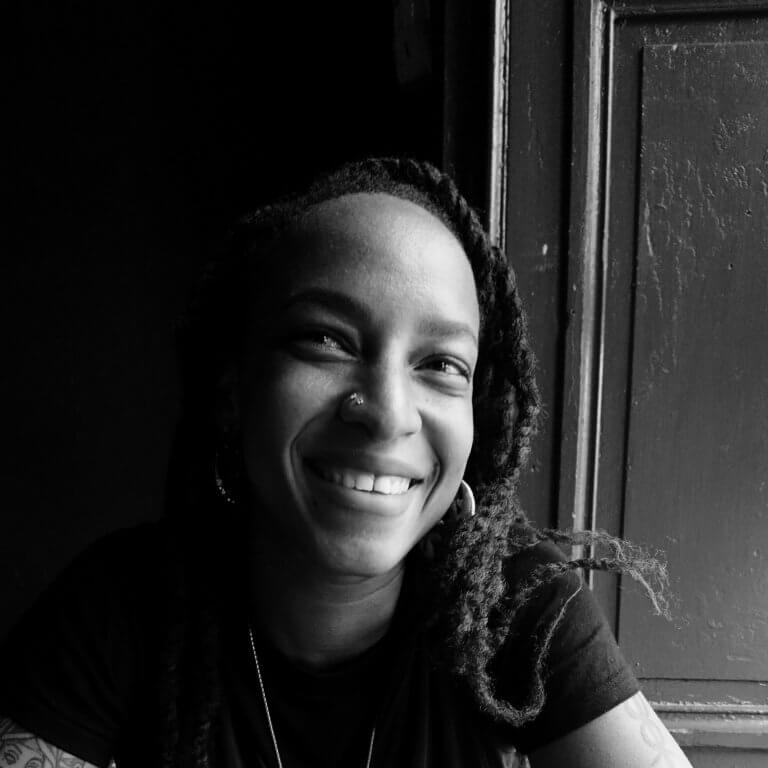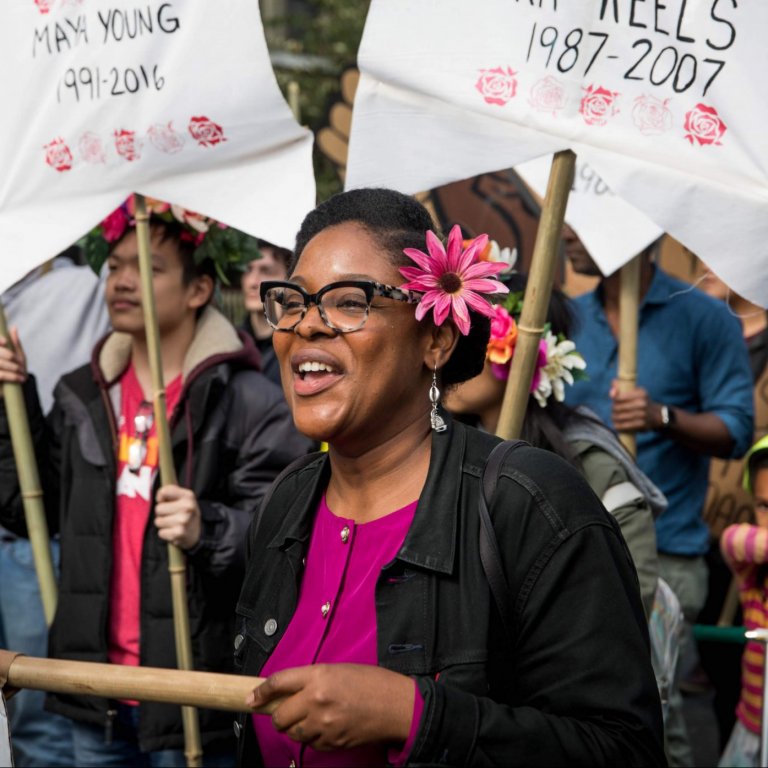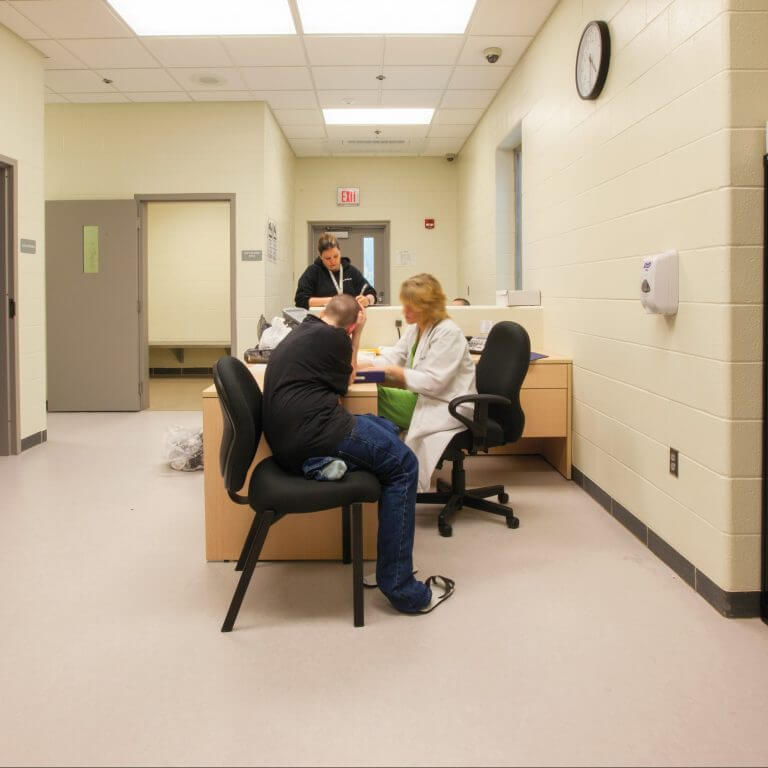The Challenge
In Philadelphia and nationally, young people are experiencing a mental health crisis. While culturally competent, high-quality care is essential, the current mental health workforce in Philadelphia and nationally is insufficient to meet this growing need. Prior to the pandemic, there was already a significant shortage of Black and brown mental healthcare professionals. Now, the challenges of burnout are particularly pronounced for these workers, especially as caseloads have increased. Furthermore, mental health professionals who have the most lived experiences often hold less authority in their respective fields. These disparities have contributed to the over-medication and pathologizing of Black and brown youth. Amidst inadequate access to quality care, young people are at increased risk of suicidality, housing instability, child welfare removal, and incarceration.
The Project
Through this Stoneleigh Fellowship, Carmel Brown and Rashni Stanford developed a novel, community-driven approach to youth mental healthcare, which draws upon the strengths of people with lived experience and provides a pathway into the mental health provider workforce.
This Stoneleigh Fellowship enabled Rashni and Carmel to:
- Develop and deliver trainings and targeted consultations to community-based organizations on the frontlines of youth mental health. These efforts will elevate youth voice, improve mental health service delivery, and strengthen grassroots organizing with community partners.
- Offer certifications and trainings to community members that center their lived experiences and create new pipelines into the mental health provider workforce. Trainings on the Community Health Worker program and the Certified Peer Specialist program will give people with lived experience access to a viable career pathway and build a base of culturally responsive youth mental health workers.
- Build a comprehensive, consumer-run mental health cooperative so that people who are closest to the needs and challenges of the current mental health system are driving its reimagination.




